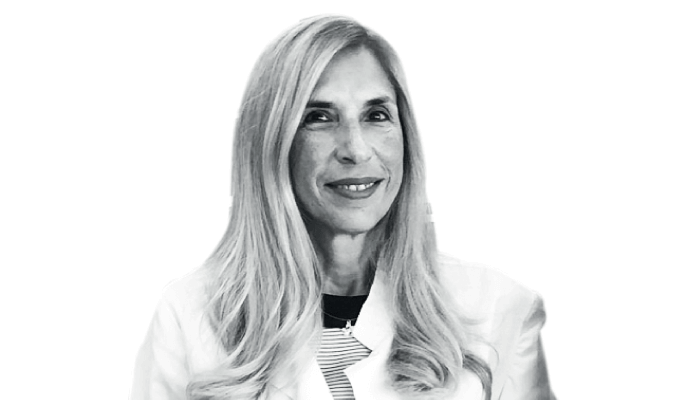
In two previous In My View articles, I raised ethical concerns in academia and academic publications about authorship (1) and citation issues (2).
Many readers will be familiar with some of the issues raised in the piece on citation ethics – ever noticed how extra citations requested from reviews are from the same journal or, worse, the same author. I also described how to navigate self-citation – and my advice was to defer to the Committee Of Publication Ethics (COPE) guidelines (3). But a recent experience of my own suggests that corruption is mutating.
To make a long story short, I received an email from a so-called press agency (who will remain unnamed) in relation to my role as editorial board member and as editor in chief of a SCI journal. They informed me that they have many articles – from their clients (!) – waiting to be published. Their proposal was for me to evaluate their articles to help accelerate acceptance in return for a fee, determined by the impact factor of the SCI journal. In other words, pay for favorable handling!
I didn’t continue the correspondence to gather more details about the scale of the rewards offered for obvious reasons. But I am concerned that some publications are evaluated based on agreements like these. Indeed, they mentioned that they have “good relationships” with many researchers around the world. Of course, this might not be the case but, even if a few researchers are involved, how can we speak of integrity in science? If manuscripts aren’t evaluated based on their merits and benefits to the scientific community but instead by the willingness of the authors to pay (via intermediaries) for play, we’re in “paper mill” territory.
To me, the proposal came as a shock. I’m well aware of some of the common issues facing journal editors. But conflicts of interest, confidentiality, plagiarism, data fabrication, fairness in evaluation, and so on are apparently not the only factors ethical journal editors must keep in mind. Editors may be confronted with new and ever-more “resourceful” strategies.
My advice? First, revisit the COPE guidelines – especially the short Guide to Ethical Editing (4). Second, always apply the sniff test – if it smells “off” it’s probably rotten!
Perhaps I’ve been blissfully unaware of something that has been happening all along – so feel free to let me know in the comments or reach out directly if you’ve experienced something similar. Personally, I am concerned that I’ve simply found the tip of the iceberg. Like the Hydra of Lerna, are we simply chopping of one head of scientific dishonesty and corruption only for another two to grow in its place? Who will be our Heracles? Perhaps it is up to all of us to do what we can, stay true to the principles of academic integrity, and speak out about these new schemes.
References
- V Samanidou, “P(r)aying for Authorship: Integrity in Publishing,” The Analytical Scientist (2021). Available at: https://bit.ly/3GTq0Hs
- V Samanidou, “Cite Your Sources: Academic Integrity Revisited,” The Analytical Scientist (2021). Available at: https://bit.ly/3zdZMxA
- COPE (2022). Available at: https://publicationethics.org/
- COPE, “A Short Guide to Ethical Editing for New Editors” (2019). Available at: https://bit.ly/3xk7NPZ




